|
Kenya’s Eliud Kipchoge ran the second fastest marathon in history in London earlier this year. His win cemented his status as the king of the modern marathon and once again pundits began to deliberate on the source of his seemingly superhuman abilities. Vincent Onywera examines the Kipchoge phenomenon and concludes that science is yet to find the elixir of his endurance.
China and the US are embroiled in a bruising battle. While the stand-off between the two economic giants has global implications, Nick Bisley doesn’t believe it will tip the world back into the kind of ideological and geopolitical competition seen during the Cold War.
|
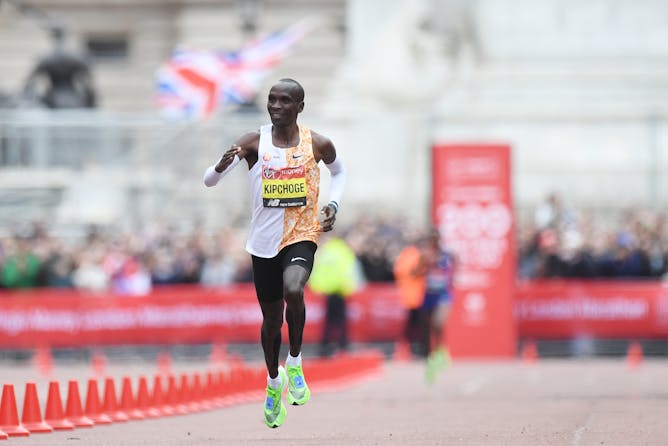
Kenya’s Eliud Kipchoge on his way to wining the London Marathon in April 2019.
EPA-EFE/Facundo Arrizabalaga
Vincent O. Onywera, Kenyatta University
Many factors have been suggested to explain the dominance of Kenyan middle and long distance runners, and many have been disproved
|
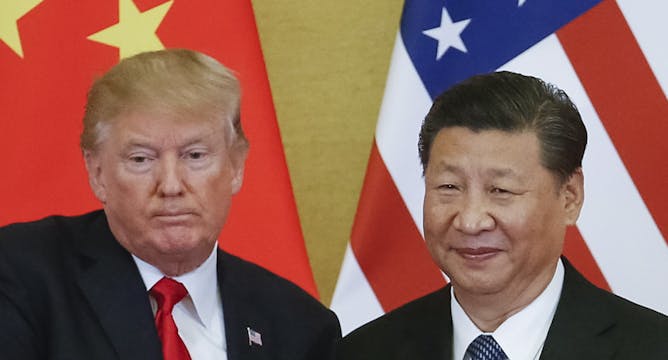
Though a Cold War between China and the US seems unlikely, there are still repercussions of a deepening rift.
Roman Pilipey/EPA
Nick Bisley, La Trobe University
The first great power rivalry of the 21st century has begun – and it's unlike any rivalry the world has ever seen.
|
Energy +Environment
|
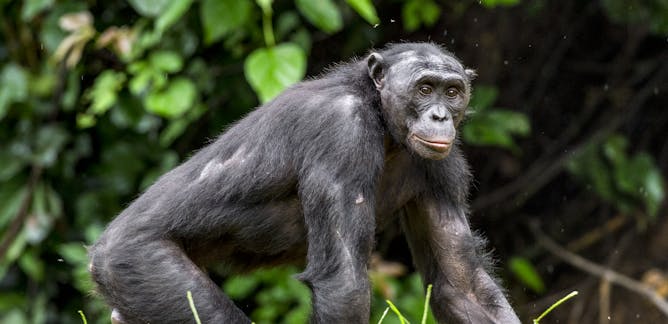
Ben Garrod, University of East Anglia
Bonobos may be the most promiscuous species on the planet. From meddling mothers to feeding ground excitement, their sex lives are unique in the animal world.
| |

Meine van Noordwijk, World Agroforestry Centre (ICRAF)
Because the interactions between trees, soils, crops and livestock can be positive or negative, their relationship must be balanced and understood.
|
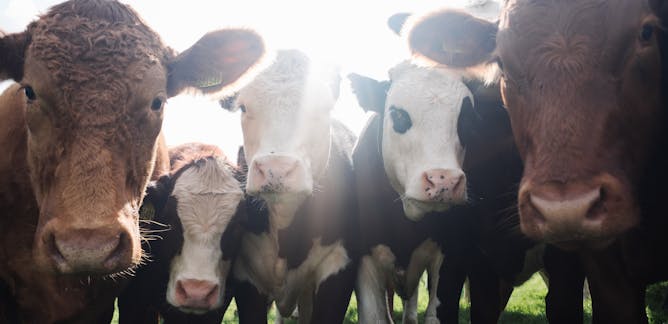
Pep Canadell, CSIRO; Rob Jackson, Stanford University
Removing human-related methane from the atmosphere could reduce global warming by 15%.
| |
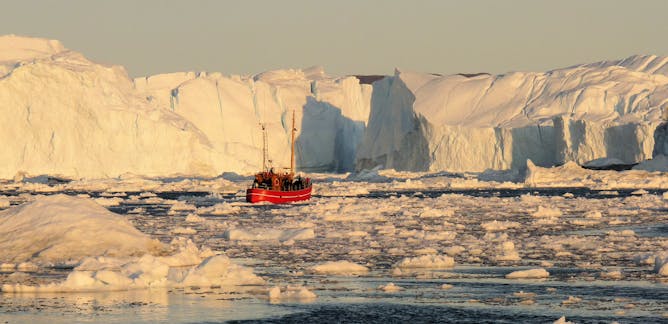
Jonathan Bamber, University of Bristol; Michael Oppenheimer, Princeton University
Sea levels could rise by two metres by 2100, sparking a refugee crisis unlike anything the world has ever seen.
|
|
|
Politics + Society
|

TL McCormick, University of Johannesburg
Gayle remains as popular as ever -- but it has evolved, shifted and become a language spoken by more than just gay men.
| |
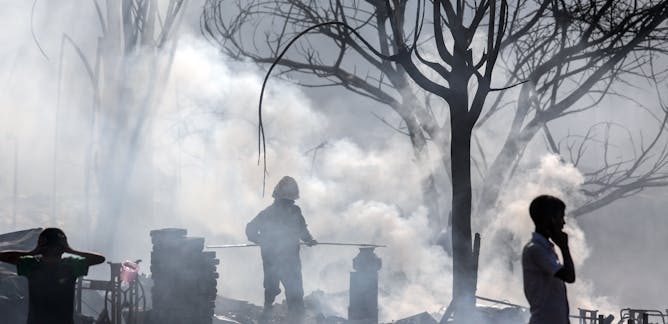
Robert W. Blum, Johns Hopkins Medicine
The data suggest that boys experience as much disadvantage as girls.
|
|
|
En français
|

Frédéric Vincent, Observatoire de Paris
La publication d’une « photo » d’un trou noir en avril dernier a fait grand bruit. Mais qu’il y a-t-il derrière cette image ?
| |

Valérie Masson-Delmotte, Université Paris-Saclay; Youba Sokona, UCL
Des citoyens se sont attelés à traduire en plusieurs langues le résumé pour les décideurs du dernier rapport du GIEC. L’objectif, rendre accessible un texte essentiel et pourtant très peu lu.
|
|
|
En español
|
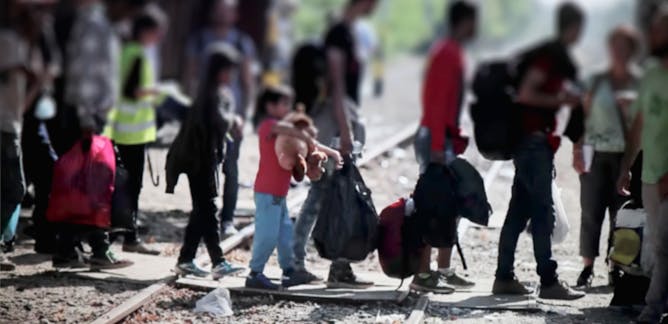
Cecilia Estrada Villaseñor, Universidad Pontificia Comillas
El papel de la prensa a la hora de cubrir determinados temas es crucial para que los ciudadanos configuren su mente alrededor de ellos. Por eso, contextualizar los hechos es esencial.
| |

Elvira Lara Pérez, Universidad Autónoma de Madrid
España será el país más longevo en 2040. Pero los mayores necesitan relaciones sociales de calidad para tener una vida plena e integrada. La promoción de su bienestar debe ser prioritaria en las políticas sociales.
|
|
|